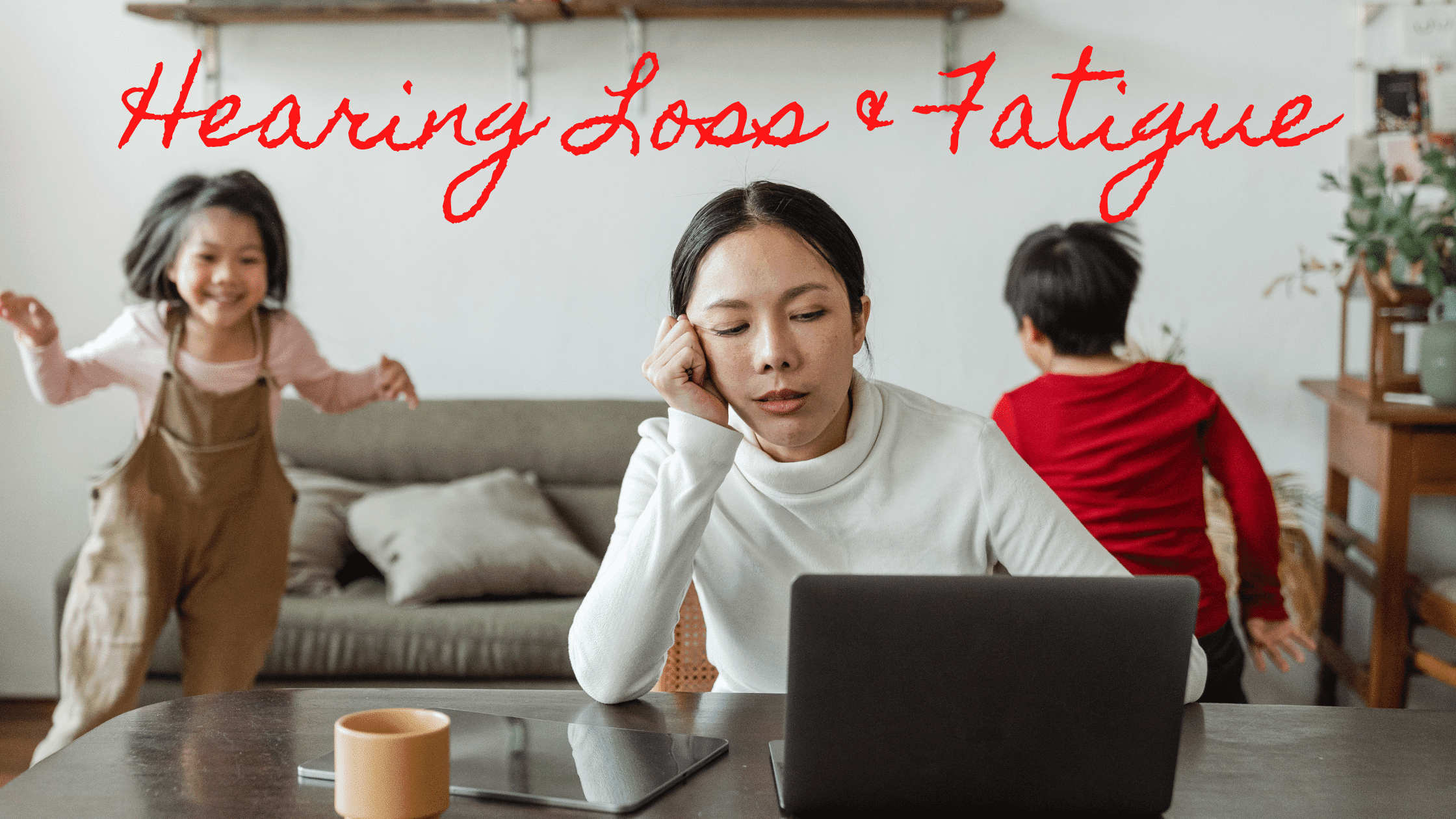- The Impact of Smoking and Alcohol on Hearing: Breaking Down the Risks - April 28, 2024
- The Future of Hearing Health Research: Promising Breakthroughs - April 18, 2024
- Hearing Health in the Classroom: Strategies for Teachers and Students - April 6, 2024
If you have hearing loss, you know how exhausting it can be. Even if you wear hearing aids, you may experience listening fatigue after a long day stuck in zoom calls or when having to do a grocery run. Even though you can hear clearly during meetings, the pressure might still be wearing you down. It’s more than just exhaustion at the end of the day; it’s complete exhaustion.
What are your strategies for dealing with listening fatigue? Do you wake up tired after sleeping in the evenings? Here are a couple of our best hearing loss exhaustion prevention tips to keep the energy levels up for the things that matter most, spending quality time with your loved ones.
Exhaustion is a real issue.
Even if you get eight or nine hours of sleep each night, you still feel exhausted when you wake up. Even though the doctor has given you a clean bill of health, you wake up exhausted. We’ve all experienced the feeling of mental and physical exhaustion after a long day at work or a rowdy dinner party. You work hard to hear so that you can fully participate in every aspect of your life, but this stress exhausts you and spending every minute of every day straining to hear drains you. Trying to keep up with the constant barrage of sounds can result in tension, anxiety, and even depression.
Hearing loss and listening fatigue
According to the Better Hearing Institute, hearing fatigue is widespread and costs the US around 56 billion dollars per year in lost productivity. To keep up with everyday activities and conversations, people with hearing loss must work twice as hard as those with normal hearing.
According to Dr. Ervin Hafter of the University of California, Berkeley, hearing requires so much extra processing in your brain that it hurts your cognitive performance. Consider the situation where you’re listening to a conversation in the presence of background noise. In that case, most of your processing power is consumed by attempting to distinguish important speech sounds from irrelevant background noise. You do not only have trouble hearing, but you’re also having trouble thinking quickly and clearly.
How to deal with listening fatigue
Listening fatigue can be alleviated in a variety of ways. The importance of self-care cannot be overstated! Anything that allows you to unwind and allow your ears and hearing to rest will reduce listening fatigue and help you cope with the stress and anxiety you’re experiencing. A half-hour power nap around lunchtime is a great way to recharge your batteries. Take a nap before you get too tired, rather than waiting until you’re at the end of your rope. Your brain is forced to relax and slow down when you nap.
Exercise can help you relax and regulate your listening fatigue as a form of self-care. Don’t stop exercising because of hearing loss fatigue if you have a regular aerobic routine. Light exercise regularly can help relieve stress and put your fears to rest.
Meditation and breathing exercises can help you relax and unwind by quieting your mind, relieving the strain of trying to hear, and recharging your batteries. Yoga is another excellent way to reap the benefits of breathing and meditation while also quickly recharging your batteries. If you’re constantly stressed and tired and looking for a different way to cope, acupuncture might be the answer. Acupuncture will not cure your hearing loss, but it will help you relax and relieve stress.
For a hearing test, visit us!
If you’re having trouble with hearing loss fatigue, try our suggestions first, then come back to see us for a hearing test if the exhaustion persists. If you have untreated hearing loss, getting a hearing test and fitting for hearing aids can help alleviate some of your exhaustion.
Should you require hearing treatment, we’ll work with you to find the right programs on your device to give you natural hearing with the least amount of effort so that you can focus on the essential things in life. Hearing loss fatigue is more common than you might think, and we’re here to assist you in finding the best hearing treatment.

